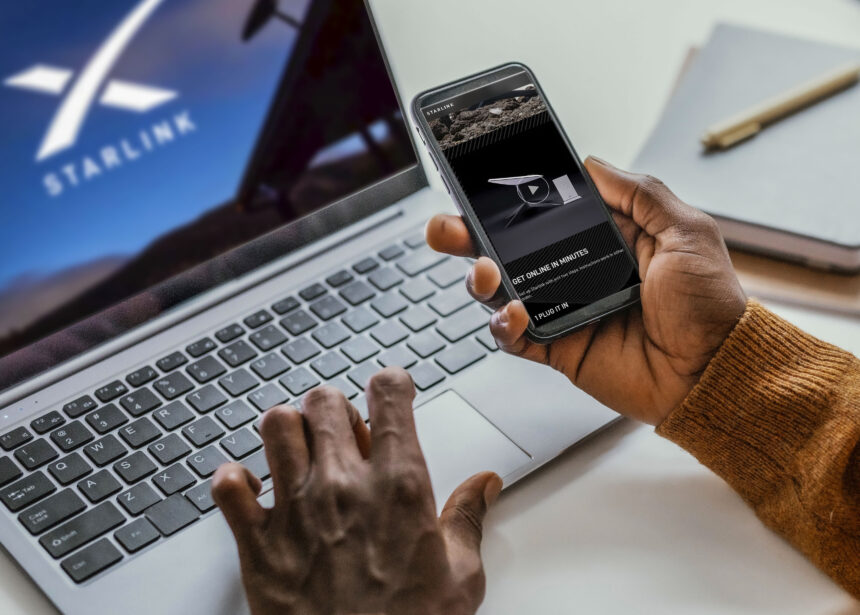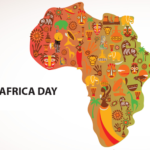By Conrad Onyango
As Elon Musk-owned Starlink internet service reaches a new global milestone of 3 million users in nearly 100 countries, it’s a mixed bag for its operations in Africa.
“Congratulations to the @SpaceX team on passing 3 million customers in 99 countries! And thanks to you for buying @Starlink!” Musk recently thanked Starlink and users on X for the milestone.
In its progress report, SpaceX said it has completed more than 100 launches, placing more than 5,000 Starlink satellites in orbit since 2019.
SpaceX hinges its progress report around community transformation – showcasing how ‘several remote communities access to fast, reliable, and affordable internet’ and how the space internet is helping them in emergency and disaster management.
“Rural school districts, counties, and tribal governments are now able to offer online access to education, telemedicine, and many other critical services—in some cases, for the first time ever,” according to the report.
In Africa, the satellite internet service provider is recording success in some markets while it struggles to establish a presence in others due to regulatory headwinds.
Its most significant success in Africa is in Nigeria, where the country’s communication regulator has ranked it as the third-largest internet service provider by subscriber base.
As of the end of 2023, Starlink had 23,897 active customers in Nigeria, less than a year after its launch in January 2023. This number is closing in on the 27,000 active users of Nigeria’s second-largest provider, FiberOne. The country’s largest and oldest ISP, Spectranet, had 113,869 active customers.
However, these numbers are still relatively low compared to the internet customer base of the four mobile network operators in the country.
By December 2023, MTN, Airtel, Globacom, and 9Mobile had a combined 163.8 million active internet subscriptions.
Apart from Nigeria, Starlink has established a foothold in a number of other African countries, including Zambia, Mozambique, Rwanda, Mauritius, Sierra Leone and Kenya, despite being relatively expensive in those markets.
Starlink kits cost between around US$600 to US$1,500. Starlink doubled its monthly subscription fees in May. This came weeks after it announced a limited price cut offer of 55.6% on its kits.
“The monthly service price of “Mobile – Regional” is increasing to US$107. As a current customer, your monthly service price will increase in 3 months, beginning 08/16/2024. For new customers, the price increase is effective immediately,” Starlink notified a customer by mail.
Media reports show that in countries facing licensing hurdles, people are buying Starlink kits from black market importers who acquire the products from neighboring countries like Zambia, Mozambique, and others that have legalized the service.
Starlink installers are also helping users bypass legal hurdles by advising users in unauthorized jurisdictions to take up roaming packages.
“Regional Roam is cheaper than Global Roam. So if you want to travel and use Starlink in a country that isn’t officially supported, it’s best if your home country can be within the same continent,” said a Kenya-based company, Starlink Installers Kenya, on their website.
“Starlink Roam utilizes the global coverage provided by the Starlink satellite constellation to offer internet virtually anywhere. With a few exceptions, you will be able to use Starlink Roam in an unsupported area” the site explained.
The ubiquitous status of its satellite service encourages people in areas with poor internet networks to go for Starlink, pointing to its growing popularity in many countries, even in those where its operational license has not yet been approved.
In Zimbabwe, the government had previously ordered the company to shut down its services, and similar actions were taken in the Democratic Republic of Congo, Cameroon and other African countries.
However, Zimbabwean President Emmerson Mnangagwa recently announced license approval for Starlink. The country’s Postal and Telecommunications Regulatory Authority of Zimbabwe (POTRAZ) will allow Starlink to provide advanced internet and related digital processing services in Zimbabwe through its sole and exclusive local partner, IMC Communications (Pvt) Ltd.
“The entry by Starlink in the digital telecommunications space in Zimbabwe is expected to result in the deployment of high speed, low cost, LEO internet infrastructure throughout Zimbabwe and particularly in all the rural areas. This will be in fulfilment of my Administration’s undertaking to leave no one and no place behind,” Mnangagwa said in a statement.
Regulatory hurdles have also been recorded in South Africa, Botswana, and Ghana, although Ghana has indicated it will grant a license once all regulatory requirements are met.
bird story agency





